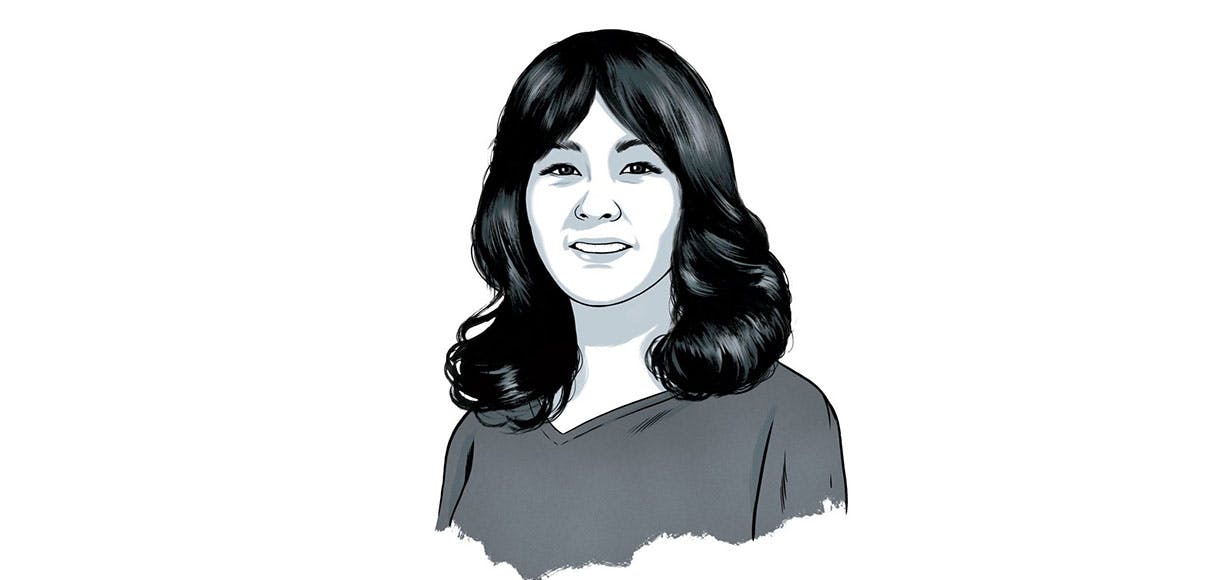
THE NIGHT BEFORE I took my twins to college in August, we stayed with my parents who live a few hours’ drive from their university. My mother sat at her kitchen table sorting medicine for my kids and labeling little pill boxes with her Dymo labeler. There were bottles of Tylenol for headaches; vitamin C and zinc to ward off colds; and Sudafed and cough drops in case the vitamins and zinc failed.
My son, Ryan, was finally moving to live on campus, while his sister Paige would spend her sophomore year abroad.
I watched my mother separate boxes of Band-Aids and tubes of Neosporin ointment into bags for each of them and thought, This is what love looks like — a grandma channeling her devotion to her grandkids into a portable pharmacy.
There was Benadryl for allergies and Imodium for diarrhea, she told them. Ryan and Paige didn’t want to contemplate intestinal troubles as they looked ahead to their sophomore year.
COVID-19 had flushed away their hopes for a normal freshman year on campus. They spent last year at home, listening to their professors lecture over Zoom and attempting to make new friends via texts. Paige rushed a sorority entirely online and turned to Netflix watch parties for movie nights with her sorority big sister.
The pandemic gave me a bonus year of having my kids at home, but my gain was their loss. They were eager to be in person with people.
May this season be a time of joyful reunions. May love and laughter fill your homes.
The Advent season seems a little like that to me: God sending his son to earth like a parent sending a beloved child off to college, with a bittersweet mixture of pride and sadness and joy. I also picture a son leaving the security of home because he longs to live in community with people and forge face-to-face friendships with them, or a daughter traversing thousands of miles to immerse herself into another culture.
I see my mother assembling medicine bags for her grandkids, and I imagine God desiring to equip his child with an arsenal of remedies to ward off pain … except Jesus was sent to suffer so that we might live.
This is the paradox of Christmas, that joy to the world came at the cost of sorrow in heaven. I can’t think of a more appropriate story for this season than that of Carina Durkin Taylor ’12, whose son was born with sickle cell disease. Carina’s daughter donated her stem cells to give her little brother the chance to be healthy.
This is the season of Advent, so we’ve included in this issue weekly meditations and sacred artwork to help us reflect on what it means that God so loved us, that he sent his beloved son to live among us where humanity could meet Christ face-to-face.
For those who long for a taste of another culture, we invited our international faculty and staff to share their favorite holiday recipes and traditions from their native countries. And while we recognize the Christmas season can be filled with food and family, it can also be a difficult time for many. Response asked two SPU professors who experienced personal losses to talk about handling grief during the holidays.
I’m counting down the days until I have all my kids under my roof again for Christmas, but I’m also aware there are adjustments to make after this time apart. Jeff Jordan, vice provost for student formation and community engagement, provides advice on how to navigate your child’s return in “Home for the holidays.”
May this season be a time of joyful reunions. May love and laughter fill your homes. And may the anticipation of Christ’s second coming fill you with his hope and peace.




